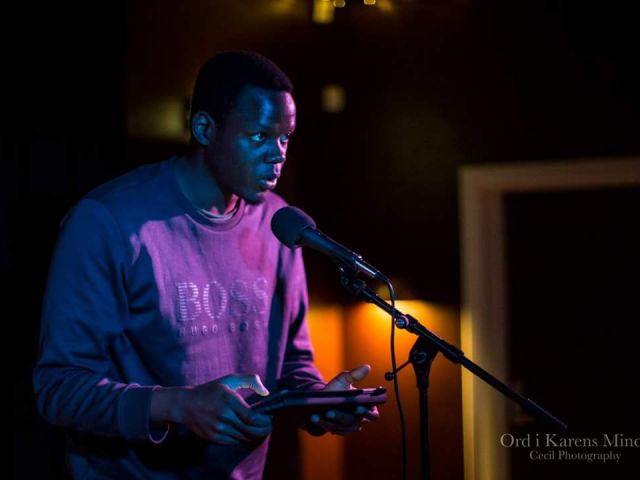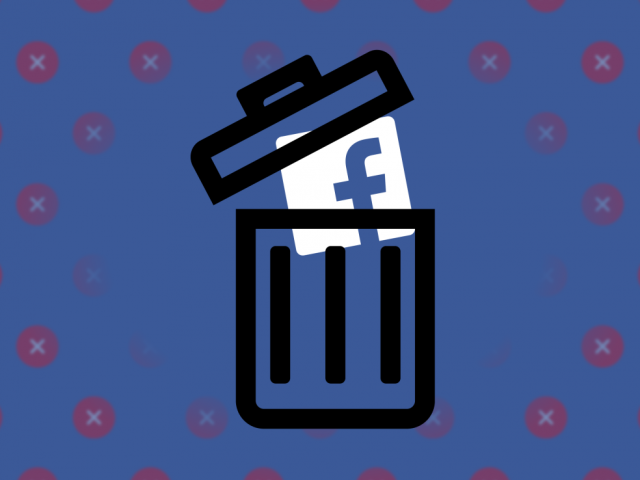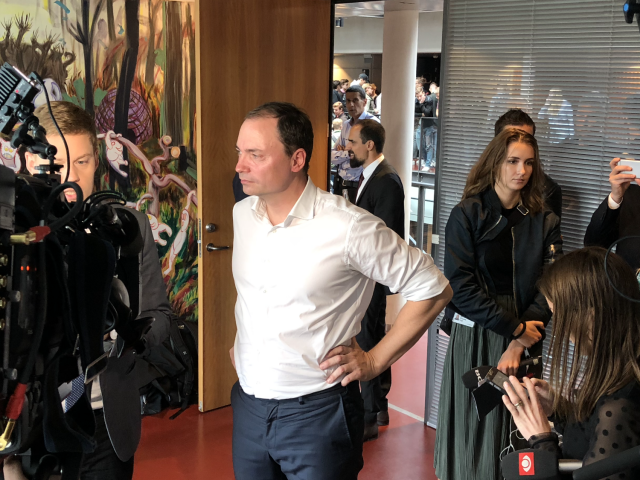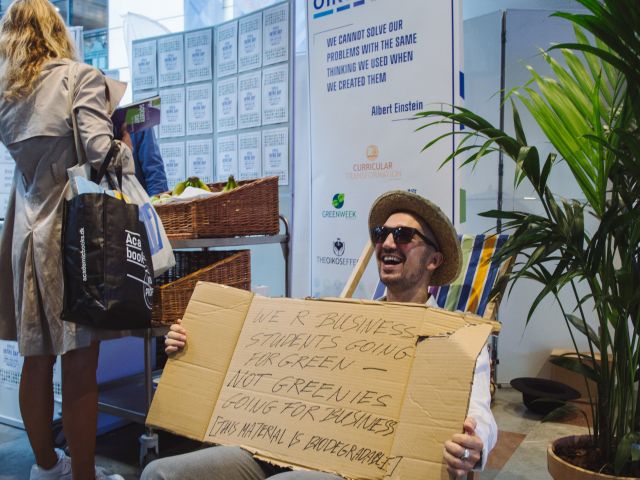Denmark taught me to smile😊

(Photo: Mette Koors)
Smiling was the first thing that I noticed when moving to Denmark from the Kazakh culture. I was shocked that everybody smiles at you and you automatically smile back.
I would feel embarrassed and at first I didn’t even know how to make that easy smile on my face. I either laughed or made a suspicious smirk. It made me feel as though I was a bit stupid or a person with slight mental problems. I guess I need to explain this behaviour by describing where I come from.
What does smiling mean to you? Is it only happy moments or sad as well? Have you ever smiled back at a stranger’s baby in a café? Smiling is a powerful part of our nature. Smiling can hurt, cheer you up, allow forgiveness to spread in your heart forever or make you finally calm.
In Kazakhstan, smiling at a stranger on the street usually means you are about to pickpocket that person. As a person working in customer service, smiling is interpreted as unprofessional behaviour where people think you should save that attitude for your friends. Smiling at work means you are either being informal or even flirtatious.
Of course, it isn’t always a bad thing and there are acceptable situations (e.g. smiling at a stranger’s baby), but people just tend to smile much less in Kazakhstan than in Denmark.
Back in Denmark, people smile when they’re coming towards you on the street, people smile when they hand you your coffee, people smile at you if they catch your eye in the store, people smile at you even in the shower on your way to the swimming pool which used to freak me out (haha).

I spent couple of years discovering and learning this easy smile that all Scandinavians are so good at. To be honest, I didn’t notice this way of smiling in other places in Europe: not in France or in Italy, not in Germany or in the Netherlands, not even in Spain. Okay, maybe I should aim more south, but the point is Scandinavians seem to be happy all the time.
Integration into Danish society is going slow and with some midway bumps. This is most likely due to my personality. I find life in Denmark ‘too perfect’ and it can get a bit boring to some degree. I find it hard to integrate into a Utopia with bad weather but there are things about Denmark that I probably will never be able to let go.
I love that in Denmark I can have couple of debit cards in my tiny wallet and it is more than enough. I love that there is always an option between paying by card, MobilePay, FingerPay (at CBS) and cash – contrary to cash only at most places in other countries, including Kazakhstan. I am glad that begging is illegal, and it doesn’t make me feel constantly guilty for not being able to help with money every time. On the other hand, I can help the needy other ways – and there are so many.
My most favourite is to give away clothes and other items to a small cabin on Sønder Boulevard in Vesterbro. It can be a person who just likes the clothes that I don’t want anymore, or it can be a homeless person in need. It makes me smile each time I go there and see that the items I put there last time are gone. There were also couple of times when I took some cookbooks there. It is an example of the way the Danish community is and it warms my heart.
Another thing that a person with a non-standard body shape would love is the customer protection and return policies in the stores. I was so scared of online shopping while living in Kazakhstan – worried that if I ordered something that was too small, I wouldn’t be able to wear it. I am an online shopping guru now.

(Photo: Mette Koors)
I have a story of how Denmark protected my money from an unprofessional flower company in Kazakhstan. There is bank policy in Denmark that if you don’t receive the goods you purchased online or if a store withdrew a different amount than the price stated on the website, you have the right to get your money back. So, it happened to me and I was surprised how easy it was once I used my Dankort (Danish debit card).
I ordered flowers for my mom for international women’s day in Kazakhstan. But it became a fraudulent transaction when they took money but didn’t deliver the flowers and didn’t want to deal with me on the phone or by email. I wrote to Nordea and got my money back within a week. There were many people in Kazakhstan who wrote to me on Facebook, asking if the flower company ever returned the money to me because there are 10 people altogether now who are going to file a lawsuit against them.
The other positive thing in Denmark is no tipping at restaurants. I really don’t mind paying tips that are included automatically in the price of food and drinks, but I hate calculating it separately. I once overheard a waitress in the restaurant saying, “No, no please take your money back. Here in Denmark we have good wages”. Now that I think of it, I love that Denmark makes me feel that I like living here and I like feeling part of this circular system of high taxes that secures my neighbour today and secures me tomorrow.
So I am quite all right with paying 50% of my salary (36% as a student), having tuition-free university education, SU payments, free doctors, free insurance in the whole of the EU, and much more.
Music on repeat: Raise against – Ghost Note Symphonies (Voices of camera)




































































































































Comments